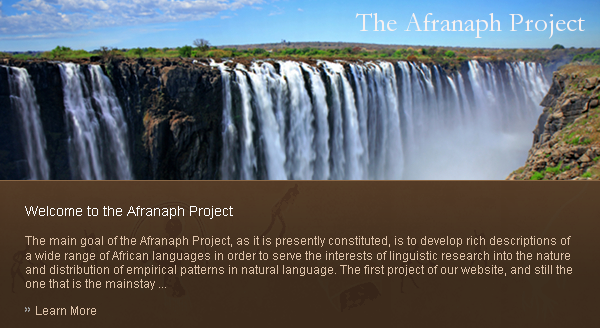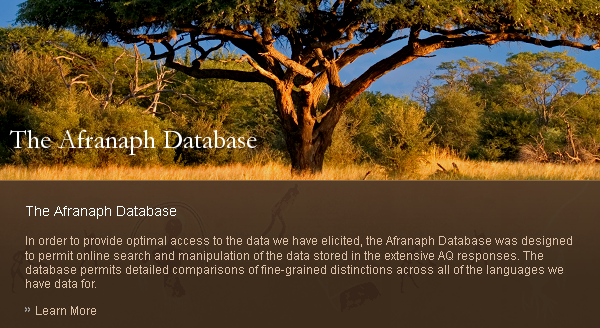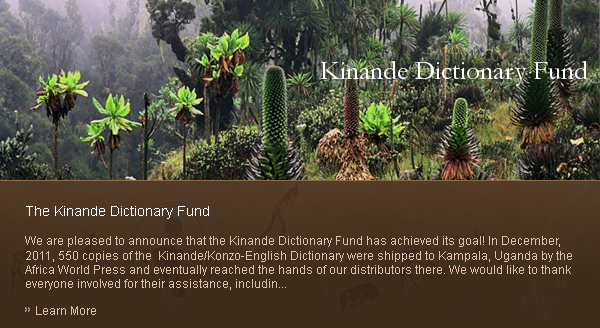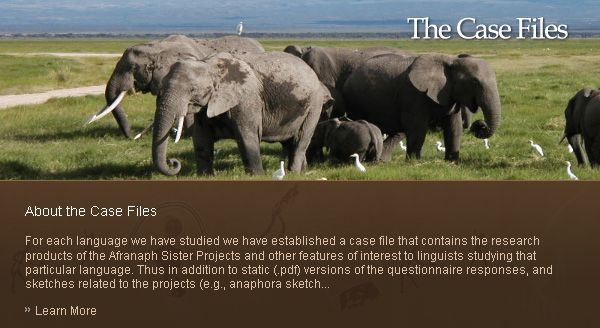Consultants
Dr. Rose Aziza is a Professor of Linguistics at the Delta State University, Abraka, Nigeria. Her area of specialization is Phonology. She has worked extensively on various aspects of Nigerian languages, especially her native language, Urhobo, a relatively little known language of southern Nigeria with over two million native speakers. Rose has described the phonology, morphology, and syntax of Urhobo. Since 1990, she has pioneered the study of Urhobo as an academic discipline in the two tertiary institutions in the Urhobo area of Delta State, namely, College of Education, Warri, which produces middle-level manpower for the primary and secondary school levels, and Delta State University where it is an undergraduate degree option. She is a member of a number of national and international professional/ learned societies and has published widely both locally and internationally.
Derib Ado Jekale is currently an assistant professor in the Department of Linguistics at Addis Ababa University (AAU). His Ph.D. dissertation (2011) is titled 'An Acoustic Analysis of Amharic vowels, plosives, and ejectives'. His MA thesis, also from AAU (2004) was 'The structure of Noun Phrase in Yem (an Omotic language spoken in southwest Ethiopia)'. His interests include experimental phonetics and phonology.
Oumarou Boukari studied general linguistics with a focus on African linguistics at the University of Abidjan-Cocody (Ivory Coast) from 1996-1999. He wrote his masters degree between the universities of Bayreuth (Germany) and Abidjan-Cocody on tone in a Kwa language entitled ‘Système tonal de l’Abouré parler de Bonoua’. From 2001 to 2002, he wrote his DEA (Diplôme d’Étude Approfondie) on the nominal system of the same language: ‘Système nominal de l’Abouré parler de Bonoua’ (also between Bayreuth (one semester) and Abidjan (one semester)). In 2002 he began a first Ph.D. project on Pré entitled ‘Description systématique du prépissia’. After more than two years of fieldwork, he was obliged to change the subject and to start a new Ph. D. project at the University of Bayreuth. The new project was on discourse markers in Songhay, with focus on Songhay-Zarma. In May, 2008, he successfully defended his Ph.D (Suma cum laude) entitled Articulation du discours dans le Songhay: pour une approche syntaxique et sémantico-pragmatique du songhay á partir de quelques connecteurs du songhay-zarma.
Ngessimo Mathe Mutaka is a full professor of linguistics at the University of Yaounde 1, Cameroon. He graduated at the University of Southern California Los Angeles, in 1990. His Ph.D. thesis entitled the Lexical tonology of Kinande (223p) has been published by Lincom Europa. He is the author of the Kinande-English Dictionary/ Dictionnaire Kinande-Français with late Kambale Kavutirwaki. The English version of this dictionary that comprises useful grammatical notes on Kinande is published on the Afranaph website. The French version will soon be available on the website of the Royal Museum for Central Africa (Tervuren, Belgium). His publications include An Introduction to African linguistics (317p), Research mate in African linguistics: focus on Cameroon. A fieldworker’s tool for deciphering the stories Cameroonian languages have to tell (360p), Building capacity: using TEFL and African languages as development-oriented literacy tools (193p), more than forty papers of linguistics published in recognized journals, and two books on AIDS prevention in both English and French.
Contact Info:
Ngessimo Mathe Mutaka
Dept of Linguistics,
Univ. of Yaounde 1,
P.O. Box 755
Yaounde, Cameroon
This email address is being protected from spambots. You need JavaScript enabled to view it.
![]()
Download: Afranaph Questionnaire in English [pdf] [doc] | et en Français [pdf] [doc] | Clausal Complementation Questionnaire [pdf] [doc] | Properties of Subjects in Bantu Questionnaire [pdf] [doc] | DP Positions Questionnaire [pdf] [doc] | Noun Class Prefix Questionnaire [pdf] [doc] | Questionnaire on Tense and Aspect in African Languages [pdf] [doc] | Additional Notes for Consultants [pdf] | Afranaph Consultant Information and Consent Form [pdf]
Turning to the questionnaires, you will note that in addition to the .pdf version of the questionnaires on this page, there is also an MS Word document (.doc) version which can be used as a template for interlinear replies. If you do not have MS Word, and for some reason, you cannot download Acrobat Reader (which is free on the internet) to read the .pdf file, please let us know and we will do our best to make a questionnaire available to you in an appropriate form.
In addition to the instructions that are part of each questionnaire, we also provide the file downloadable from above, Additional Notes for Consultants which will hopefully answer a number of your questions and provide tips for working in a way that is most compatible with our methodology and data handling.
We ask that you please use our Glossing Conventions which are a modification of the Leipzig Glossing Conventions and include a number of additional glosses that we have added in the course of our work. Glossing consistent across languages is important for the search functions of our database as well as for our understanding of what you send us, so please pay particular attention to these conventions. If there is anything you are unsure how to gloss, or you see it done differently than you would do it for a language in our database that might be similar to yours, then please contact us with questions about what the best gloss should be and we will be happy to work with you to figure it out (or invent a new gloss, if necessary, as it periodically is). Start by asking the investigators for the project you are contributing to and they will refer you to Afranaph Central (Contact Us) if there is a question we can better answer.
It might help to look at some the database entries to see our glossing in action, but in this take care because data for several languages were entered before we decided finally on our glossing conventions, and the early ones are not up to our current standard. If you are providing data on a Bantu language, for example, then Lubukusu is a good guide. If you are reporting an Afro-Asiatic language, consult with our Associate Director for Afro-Asiatic Languages, Ruth Kramer.
Finally, just a reminder: We cannot use your data unless you have signed the consent form portion of the Consultant Information and Consent Form and indicated whether or not you wish to remain anonymous.






